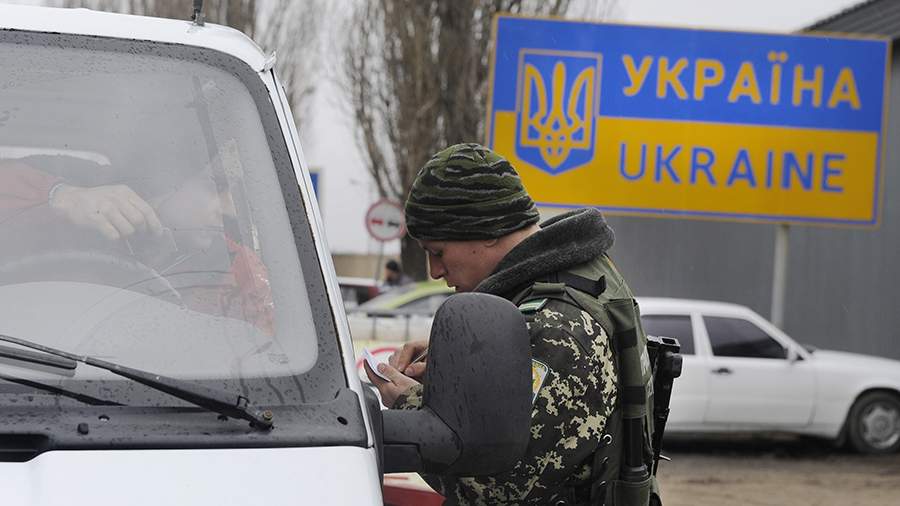The "Coalition of the Willing" promises Kiev security guarantees. What you need to know
- Новости
- World
- The "Coalition of the Willing" promises Kiev security guarantees. What you need to know
The Coalition of the Willing is a group of countries supporting Ukraine that plans to become an alternative to NATO for Europe. Why this coalition was created, who is in it and whether it has a chance to achieve its goals — in the Izvestia article.
Why do we need a coalition of willing
• The "Coalition of the Willing" was created as the European equivalent of NATO. After the United States declared that Ukraine's membership in the Euro-Atlantic alliance or the appearance of NATO troops on Ukrainian territory was out of the question, Kiev's European allies began to look for other ways to support Ukraine in the conflict (we wrote here about why peace in Ukraine is disadvantageous to Europe).
• The main goal of the "coalition of the willing" is to counter Russia, as Washington seems to have abandoned the idea of an aggressive confrontation with Moscow. The participating countries are considering the possibility of providing Kiev with weapons, and after reaching a truce, the deployment of "international security forces" on the territory of Ukraine. At the same time, Russia opposes the presence of NATO troops there under any flag.
The "Coalition of the Willing" was created by the leaders of France and Britain on March 2 due to fears that progress in peace talks on the Ukrainian conflict would reduce pressure on Russia and lead to a quick peace. The main task of the coalition is to increase the volume of military aid to Ukraine. As part of this, a proposal is being considered to form troops that will become a "guarantee of security" for Ukraine in the event of a cease-fire.
The Coalition against Russia
• The United Kingdom and France play a leading role in the European military coalition, in fact, this is a joint project of the two countries. At the Paris summit on March 27, they committed themselves to sending troops to Ukraine to ensure a ceasefire. But not all members of the coalition supported the idea of deploying their military in Ukraine: the leaders of the countries insist on the need for US support.
• According to French President Emmanuel Macron, European troops will not be deployed along the front line, but "in important cities and strategic bases." The option of simply strengthening existing NATO groups in neighboring countries is also being considered. But due to the distance, the effectiveness of such a mission is questionable. At the same time, Ukrainian leader Vladimir Zelensky had previously stated that he did not need peacekeepers from Europe, but soldiers ready to fight.
• Despite the wording used by the coalition of the Willing, according to which foreign troops in Ukraine are needed to maintain a ceasefire, this mission will not be a peacekeeping one. The peacekeepers must remain neutral, while the military from the countries of the "coalition of the willing" will take over the Ukrainian side of the conflict.
• The only thing that the coalition members have managed to agree on so far is the allocation of an additional €2 billion for military assistance to Kiev. However, even this figure turned out to be the result of haggling, because the head of the European Diplomacy, Kaya Kallas, hoped to persuade countries to allocate €40 billion for Ukraine. The allies also intend to increase pressure on Russia and impose new sanctions against it (we have discussed here why sanctions against Russia have proved ineffective).
• Since the creation of the Coalition of the Willing, its leaders have held several meetings, but no specific decisions have been made. British Prime Minister Keir Starmer's ambitious plans to send land, sea and air forces to Ukraine have been criticized by both allies and the British military.
• Finnish President Alexander Stubb, who earlier condemned talks about deploying troops in Ukraine as untimely, suggested that Britain or France take on the mission of organizing negotiations with the Kremlin. This is the first such initiative from European "hawks" who had previously insisted on isolating Russia. Stubb also called on Helsinki to prepare for normalization of relations with Moscow. In Russia, they replied that they were open to restoring relations with Finland.
There is nothing to oppose without the USA
• The plans of the "coalition of the willing" were treated with skepticism in the foreign press, since the deployment of deterrence forces can also be seen as a reason for an attack. In addition, the 25,000 personnel under discussion will not be enough to ensure security on the contact line, given that after the liberation of settlements in the Kursk region, Russia has released 70,000 military personnel.
• The Allies may not have enough money to provide a more impressive force. In addition, in any case, European troops will need US assistance with "intelligence, surveillance, reconnaissance, combat engineering and suppression of enemy air defenses." The UK will not be able to replace the work of American intelligence, because in London they can analyze images from space, but they cannot access these images themselves. In addition, some technologies in the field of intelligence and part of the UK defense enterprises have been bought out by American investors.
• The United States has repeatedly stated that American soldiers and NATO troops will not set foot on the territory of Ukraine, and therefore European allies should assume responsibility for maintaining peace in the conflict zone and their own security. The Europeans are afraid that in the event of a conflict, the United States will not stand up for them, and have already announced an increase in defense spending, despite the growing budget deficits of the EU countries.
Переведено сервисом «Яндекс Переводчик»


